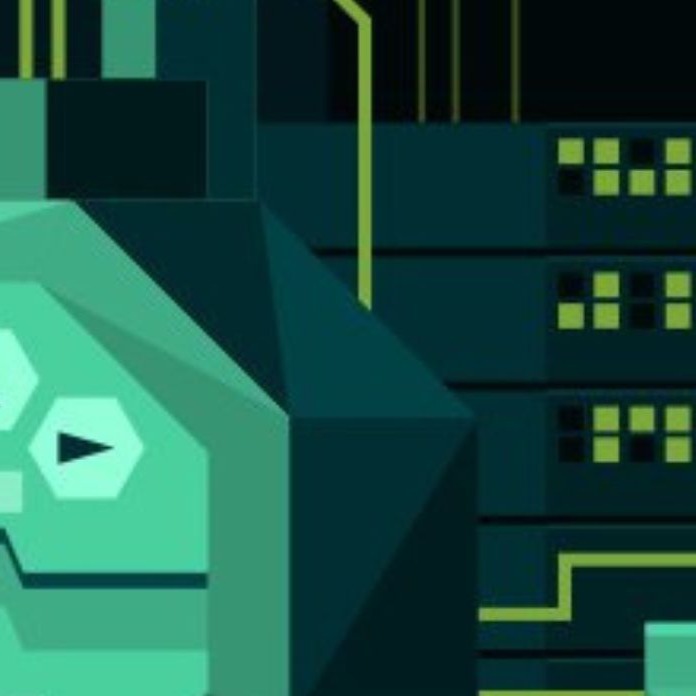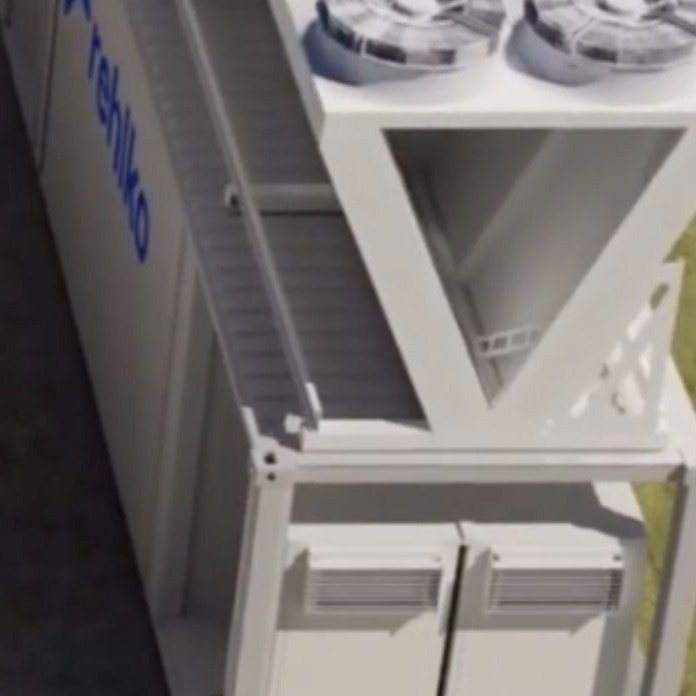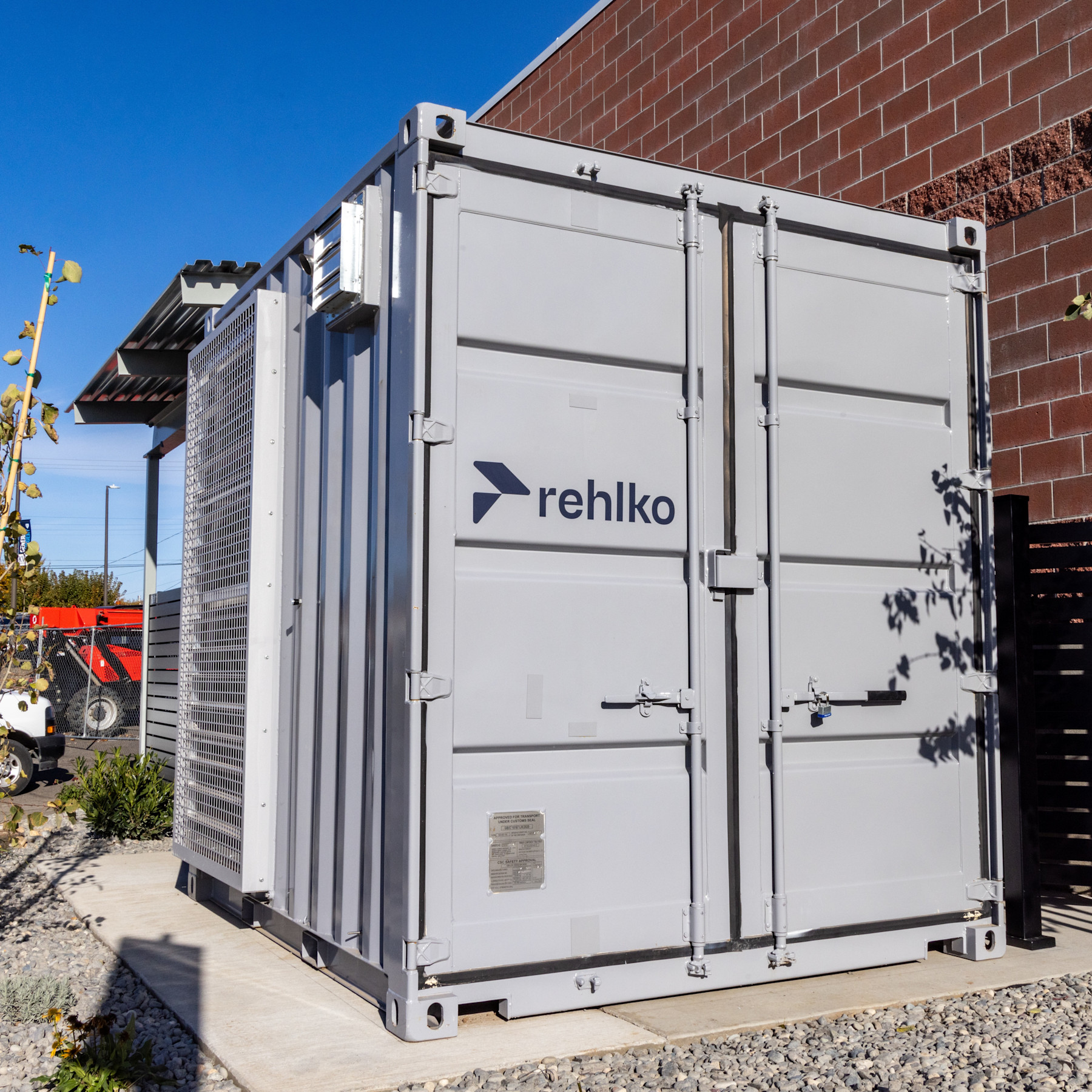Rehlko × Toyota: Hydrogen Backup Power: From Pilot to Portfolio
 Print
PrintBlog Series: Rehlko × Toyota 3
We’ve been exploring how hydrogen can enhance backup power for data centers. In case you missed the first two installments Powering the Future with Hydrogen and Creating a Hydrogen-Enabled Future Together, be sure to give them a read. This next chapter builds on that foundation to show what’s coming next.
From Pilot to Product: How Long Until You Can Deploy?
Rehlko’s hydrogen generator was recently deployed in a real-world healthcare setting. Now, the focus is shifting to scaling the solution across other mission-critical environments. According to Rehlko, the commercialization timeline for its 1MW hydrogen generator is currently estimated at six to nine months. This window includes time for site assessments, system configuration, permitting, and delivery.
This timeline may vary depending on hydrogen availability and the complexity of the site in question. Still, it’s comparable to conventional diesel systems, which can face delays due to extended fuel infrastructure requirements. Because Rehlko’s hydrogen system is modular and factory-assembled, much of the commissioning work is streamlined, an important advantage for customers facing urgent sustainability mandates or rapid capacity needs.
Operational Flexibility: Built for Backup, Designed for More
While hydrogen systems are often positioned as clean backup alternatives, Rehlko’s design accommodates a broader range of use cases. The system’s inverter-based controls, intelligent load management capabilities, and modular architecture allow it to operate independently, in parallel with other generators, or as part of a microgrid.
Initial testing has shown the system can handle sustained loads above 80% for extended periods. This capability opens the door to grid-interactive applications, especially in areas with intermittent renewables or limited grid resilience. For mission-critical infrastructure such as telecom switch sites, water utilities, or remote government facilities, that level of flexibility could be essential.
Looking ahead, Rehlko is exploring deeper integration with its controls suite, which would allow the hydrogen generator to act as a dynamic asset in load balancing, peak shaving, or hybrid energy strategies.
Where Hydrogen Makes the Most Sense
Rehlko’s first hydrogen deployment served a regional hospital in Washington state. But healthcare is just the beginning. The company is now prioritizing use cases in data centers, utilities, and telecom.
Data centers are a natural fit. Electricity use in this sector is expected to more than double by 2030, surpassing 945 terawatt-hours globally. As colocation and hyperscale providers face pressure to decarbonize backup power, hydrogen offers a way to maintain uptime without diesel emissions. It’s especially relevant for operators in emissions-restricted zones like California or European clean air districts.
Utilities and grid operators can benefit from hydrogen's rapid response capabilities and low environmental impact. Whether used to support water treatment infrastructure, provide emergency power during wildfire shutoffs, or offer dispatchable backup for renewables-heavy grids, hydrogen delivers resilience without combustion-related emissions.
Telecom networks are also a promising opportunity. As 5G buildouts and fiber expansion accelerate, providers need quiet, low-footprint backup solutions for both urban and rural edge sites. Hydrogen offers clean performance in dense environments.
The Remaining Hurdles
Despite its promise, hydrogen still faces adoption headwinds.
1. Cost
Today, green hydrogen can cost $3–6 per kilogram in the U.S., compared to the energy equivalent of about $1 per kilogram for diesel. However, the Hydrogen Council projects that costs could fall by 60% by 2030 as electrolyzer production scales, renewable power becomes cheaper, and tax credits like those in the Inflation Reduction Act take hold.
2. Infrastructure
The U.S. currently has only 59 active hydrogen refueling stations, most of them in California. In areas without established supply chains, delivery via tube trailers or liquid tankers may be required, and that means added logistics and cost.
3. Market Education
Many customers are still learning how hydrogen generators differ from traditional ICE systems, and how fuel sourcing, permitting, and maintenance compare. Rehlko is actively engaging with stakeholders to demystify the technology and help organizations model the total cost of ownership.
What’s Next
Rehlko’s hydrogen roadmap doesn’t stop at a single pilot. The company is preparing a new deployment in North America, expected to launch in 2026. These projects will test the system across new site types and climates, helping validate performance, integration, and market readiness.
In parallel, Rehlko is expanding its product portfolio to include multi-megawatt configurations (e.g., 5MW and 10MW systems) and enhanced compatibility with other distributed energy resources. Over time, this could support full-site decarbonization strategies that combine hydrogen, solar, battery storage, and advanced controls into one cohesive solution.
As emissions regulations tighten and diesel exemptions dwindle, hydrogen may soon transition from an experimental solution to an essential component of resilient, sustainable infrastructure.
Final Thoughts
Hydrogen has already shown it can power mission-critical environments. Rehlko’s early deployments prove that clean backup is possible and that a future beyond diesel is within reach. The next chapter is about scale, reliability, and accessibility. Rehlko is building for that future now.



